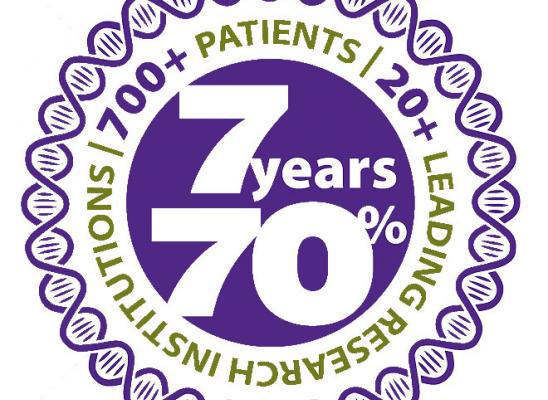Dermatology and skin picking disorder
Online test
Find out the severity of your symptoms with this free online test
Dermatologists are physicians who specialize in treating conditions of the skin. Skin picking disorder tends to result in visits to a dermatologist to help with problems from chronic skin damage. But how often do dermatologists recognize a compulsive body-focused repetitive behavior and refer to a patient to a therapist or psychiatrist for help?
What dermatologists know
When dermatologists are trained, they are made aware of the interconnectedness between the skin and the nervous system. Not only do some skins condition worsen during periods heightened nervous system activity such as stress and anxiety, but skin conditions often provide fuel to heighten the nervous system. In dermatology, the interconnection between the skin and the psychosocial dimension of skin conditions is referred to as psychocutaneous medicine (Gould, 2004). Despite receiving initial training, many dermatologists neglect the role psychology plays.
For example, in 2010, dermatologists in the state of Washington were asked to provide information about their awareness of, training in, and referral practices for psychocutaneous disorders (Jafferany et al., 2010). The results of that survey showed that not many dermatologists have a clear understanding of the psychological connections involved skin disorders and even fewer referred patients to a psychiatrist or mental health professional (Jafferany et al., 2010). In a more current Swiss study, dermatologists still rarely refer patients for mental health treatment even when they recognize a patient with a skin picking disorder (Anzengruber et al., 2017). It could be said that this information is skewed because both studies looked at small groups of dermatologists in specific geographic areas, but there is a general understanding in the research that dermatologists need to pay more attention to the psychological health of their patients.
How dermatologists can help people with skin picking disorder
The good news is that there are clinics that offer psychodermatology and that offer treatment for pscyhocutaneous disorders. The not so good news is that they are few and far between. Dermatologists can help their patients by recognizing the connection between mental health issues such as anxiety, depression, OCD, and psychosis, all of which are recognized as factors in other skin disorders such as vitiligo and psoriasis as well as skin picking disorder. Showing patients that they understand by validating a patient’s experience is powerful for those who reach out for treatment for skin lesions that result from picking. By creating an open environment where people do not have to hide their picking behaviors will facilitate earlier treatment and hopefully less painful skin problems. Second, they can educate patients to take care of their skin and finally, dermatologists can refer their patients to mental health professionals who specialize in body-focused repetitive behaviors. 
References
Anzengruber, F., Ruhwinkel, K., Ghosh, A., Klaghofer, R., Lang, U. E., & Navarini, A. A. (2017). Wide range of age of onset and low referral rates to psychiatry in a large cohort of acne excoriee at a Swiss tertiary hospital. Journal of Dermatological Treatment, doi: 10.1080/09546634.2017.1364693
Gould, W. M. (2004). Teaching psychocutaneous medicine: time for a reappraisal. Archives Of Dermatology, 140(3), 282-284.
Jafferany, M., Stoep, A. V., Dumitrescu, A. and Hornung, R. L. (2010), The knowledge, awareness, and practice patterns of dermatologists toward psychocutaneous disorders: results of a survey study. International Journal of Dermatology, 49: 784–789. doi:10.1111/j.1365-4632.2009.04372.x
Lowry, C. L., Shah, R., Fleming, C., Taylor, R., & Bewley, A. (2014). A study of service provision in psychocutaneous medicine. Clinical And Experimental Dermatology, 39(1), 13-18. doi:10.1111/ced.12235
Yadav, S., Narang, T., & Kumaran, M. S. (2013). Psychodermatology: A comprehensive review. Indian Journal Of Dermatology, Venereology & Leprology, 79(2), 176. doi:10.4103/0378-6323.107632
Online test
Find out the severity of your symptoms with this free online test
Start your journey with SkinPick
Take control of your life and find freedom from skin picking through professional therapy and evidence-based behavioral techniques.
Start Now



